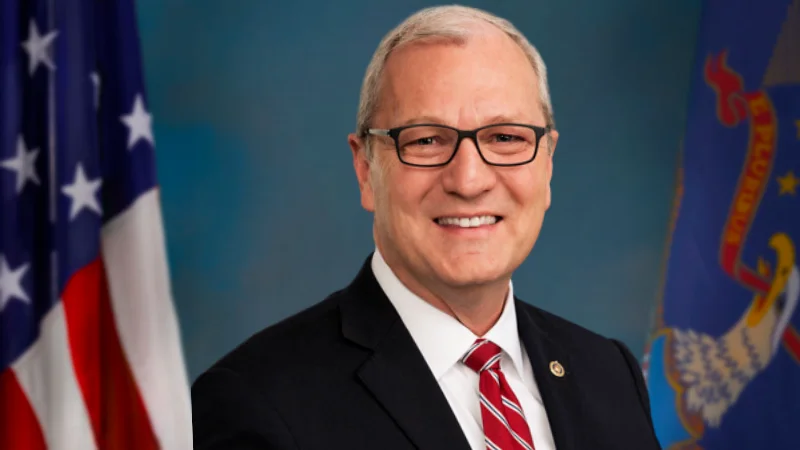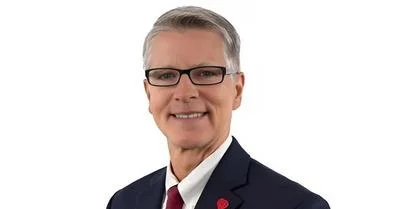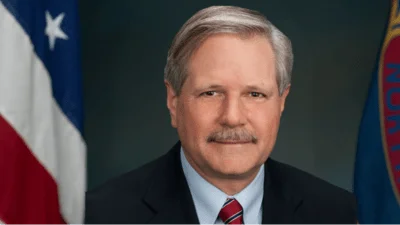Senator Kevin Cramer, US Senator for North Dakota | Senator Kevin Cramer Official website
Senator Kevin Cramer, US Senator for North Dakota | Senator Kevin Cramer Official website
The U.S. Senate Environment and Public Works (EPW) Committee recently conducted a hearing evaluating nominees to serve in the Trump administration. Brian Nesvik, nominated for Director of the U.S. Fish and Wildlife Service, and Jessica Kramer, nominated for Assistant Administrator of the U.S. Environmental Protection Agency (EPA) Office of Water, provided their testimonies.
During the hearing, U.S. Senator Kevin Cramer of North Dakota addressed Jessica Kramer concerning the EPA’s Waters of the United States (WOTUS) interim guidance and its future rulemaking, which was announced on March 12. Cramer requested an explanation of the guidance, its compliance with the U.S. Supreme Court's decision from Sackett v. EPA, and the discrepancies in the previous rule.
Kramer described the document, stating, “It is a straightforward guidance document that essentially says that an implementation [of a WOTUS rule], EPA and the Army Corps of Engineers, they're going to follow the law.” However, she noted, “While Sackett was very prescriptive in certain aspects, there are some terms and phrases of ambiguity that are remaining from the courts.” Kramer committed to visiting North Dakota as part of the WOTUS rulemaking process.
Senator Cramer invited both nominees to elaborate on their interpretation of cooperative federalism. Brian Nesvik expressed that, “What cooperative federalism means to me is that there are certainly roles that are very clearly defined, for both the federal government and the state government,” emphasizing efficient governance through collaboration. Kramer provided an example, stating, “This is an example of a program that can be delegated from the federal implementation […] to the state for them to actually implement the program.” She stressed the importance of state expertise, allowing for more stringent restrictions when needed.
The hearing highlighted ongoing discussions on federal and state roles, especially regarding water regulations and wildlife management. The nominees addressed key legislative and regulatory topics, providing clarity on their strategies and understanding of cooperative governance.






 Alerts Sign-up
Alerts Sign-up